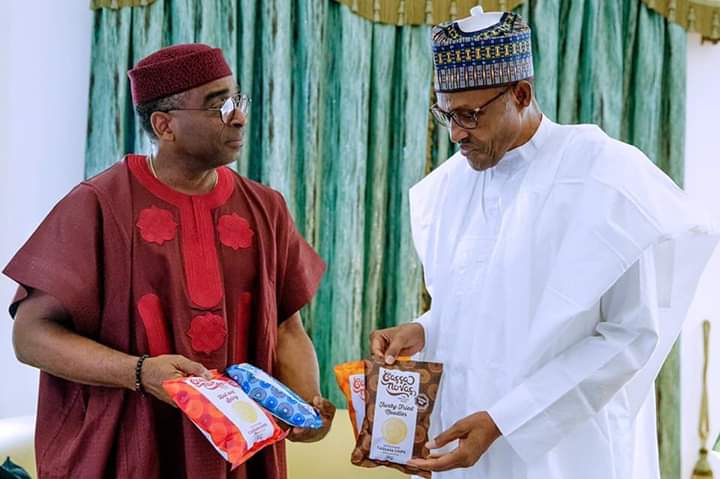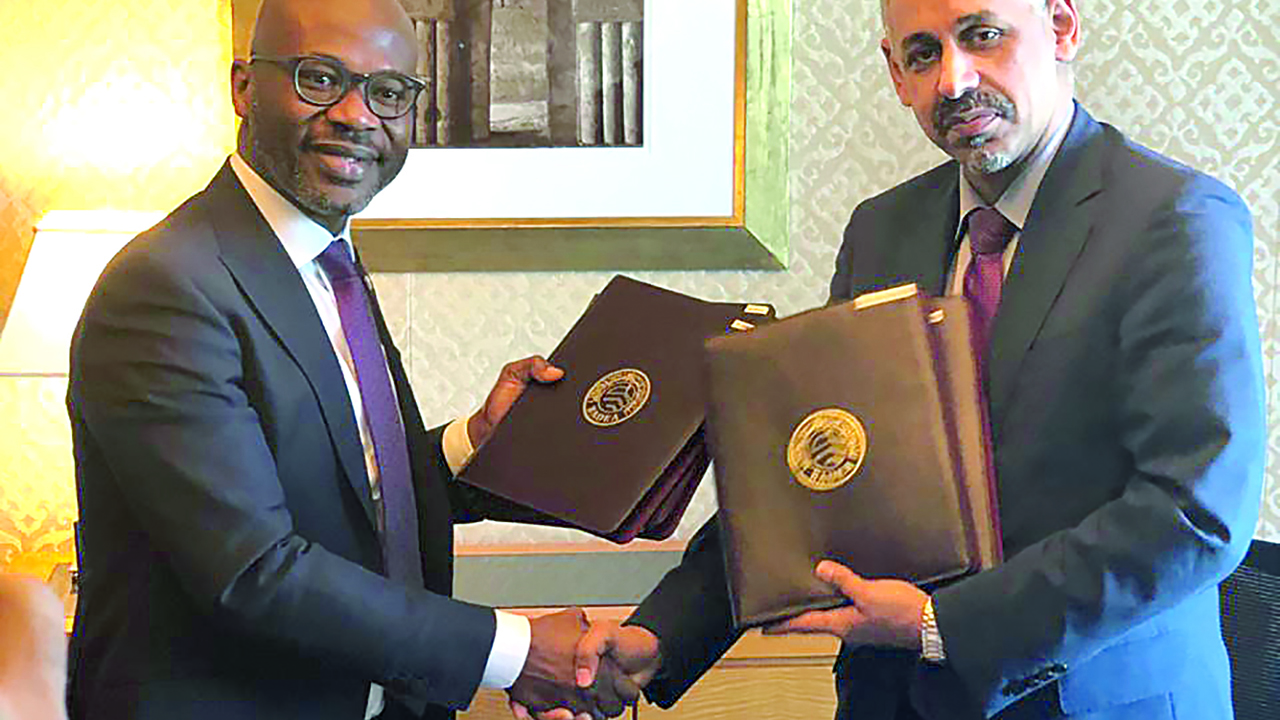…Can NASS save the situation before Nigeria becomes dumping ground?
Just as President Muhammadu Buhari has fallen to faceless pressure to sign the African Continental Free Trade Area (AfCTFA) on Sunday at the just concluded 12th Extraordinary Summit of the African Union on the Launch of the Operational Phase of the AfCFTA in Niamey, Niger Republic, industry analysts who are aware of the fact that Nigerian production sector had been under squeeze for years are now looking onto the National Assembly to delay the ratification.
Key fears of experts include the harsh lending regime of Nigerian banks to grow production, epileptic power situation, road crisis and multiple taxation issues.
According to some manufacturers, unless the above issues are resolved, Nigerian products may not be able to compete with products that shall be coming in from African economies that have salutary production factors.
On ratifying the AfCTFA, the Republic of Benin during the Niamey summit, joined the group of 26 countries out of the current 54 nations that have signed the AfCFTA agreement, leaving Eritrea that would have made it all 55 African countries.
Otherwise, a total of 26 African countries have deposited instruments of ratification, with Gabon being the latest after depositing her instrument of ratification during the Extraordinary Summit.
Business Hilights recalls that the AfCFTA Agreement entered into force on May 30, 2019, thirty days after having received the twenty-second instrument of ratification on 29th April 2019 in conformity with legal provision.
In a statement made available by Presidential spokesman, Mr Femi Adesina, he recalled that the treaty establishing the African Economic Community was signed in Abuja in 1991, noting that “We fully understand the potential of the AfCFTA to transform trade in Africa and contribute towards solving some of the continent’s challenges, whether security, economic or corruption.
“But it is also clear to us that for AfCFTA to succeed, we need the full support and buy-in of our private sector and civil society stakeholders and the public in general.
“It is against this background that we embarked on an extensive nationwide consultation and sensitisation programme of our domestic stakeholders on the AfCFTA.
“Our consultations and assessments reaffirmed that the AfCFTA can be a platform for African manufacturers of goods and providers of service to construct regional value chains for made in Africa goods and services.
“It was also obvious that we have a lot of work to do to prepare our nation to achieve our vision for intra-African trade which is the free movement of ‘made in Africa goods’.”
In his response, the Executive Director of Nigerian Export Promotion Council (NEPC), Mr Segun Awolowo, disclosed that 22 non-oil sector products have been identified by the Federal Government for export, worth about $30,000bn in earning yearly.
He listed the items to include cocoa, cotton, cement, leather, cashew, Sesame, Shea butter, palm oil, fertiliser, petrochemicals, and rubber among other products which Nigeria has comparative advantage.
However, analysts are divided on whether Nigeria really has true comparative advantages on the listed products in Africa.
In an interview, a Lagos based Fashion Designer, Mr Tunde Ogidan, said “With the recent ban on importation of fabrics and new promotion to drive cotton growing, Nigerian fashion entrepreneurs’ may end up being trapped as the ban was imposed at a time there is no local substitute”.
“Definitely, if Nigeria ratifies the treaty, Fashion entrepreneurs will be pushed out of business because we cannot compete with nations that did not ban importation of textile materials like Nigeria.
Also speaking, a dealer in petroleum lubricants at ASPMDA, Lagos Trade Fair complex, Chief Dominic Ijeoma, said “Am surprised reading in Newspapers where the NEPC boss listed petrochemicals as one of the products Nigeria can export to other African countries when our refineries that should be bringing out the raw materials for lubricants and allied products are all dead.”
On Cocoa and allied products, a Cocoa farmer in Ibadan decried the collapsing fortunes of Cocoa farming in Western Nigeria and wept for the collapse of the mega Cocoa factory, Multi-Trex Integrated Foods Plc along Lagos-Ibadan Expressway which he said would have championed the cocoa angle of the deal.
Speaking more on Cocoa, NEPC boss averred that “Cocoa is an immediate win for us because it’s been our number one non-oil revenue making. But we are on less than 300,000 metric tons; Ghana is heading to 900,000, and Cote d’ Ivoire is almost two million metric tons.
“So, how do we compete? Meanwhile, if you see the land mass in Nigeria, you can imagine what we can do. Another sector is Shea nut; cashew is another breadwinner for us, so let us raise production, let’s give our farmers, plantations low interest loan so that they can raise production for us.”









